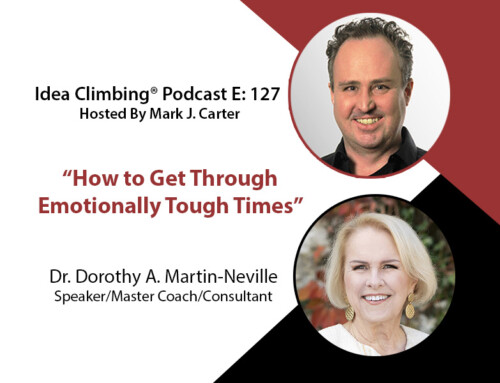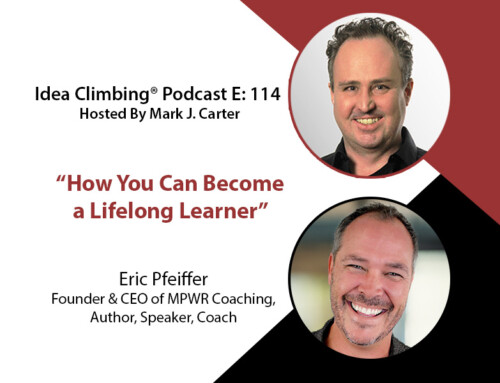Let’s talk about you.
If you could master certain networking skills, what would they be? What would you like to do? How does this sound: Being the person that people love to talk to. Being able to talk to anybody, grab their attention and keep it as long as you want.
Wow. The Holy Grail of Networking introductions.
In preparation for networking events and opportunities (ranging from professional networking events or random meetings during your day) people usually spend time perfecting their “elevator speeches” and trying to get other people interested in them. Some people never worry about their elevator speech because there’s a sure-fire way to create interest. It works almost every time. For example, my introduction varies (I hate “canned” speeches), but it usually goes something like this:
“My name is Carter, I work with entrepreneurs, corporations and people in the entertainment industry to 1) build a self-perpetuating networks of professional relationships and then 2) leverage those networks to grow their business faster than they could alone. “
That’s it.
Then I quickly switch the conversation topic to something that other people are always interested in: Themselves. People would rather talk about what they do than listen to you talk about what you do.
After a brief sentence about yourself (15 seconds or less), shift the topic by asking:
“And what do you do?”
This gets them talking. Sometimes that is the only question you need to ask. If you happen to find someone that loves what they do you’ve just created a conversation. But that doesn’t happen all the time. So next ask:
“How did you get into that?”
Watch their reaction. If they obviously don’t care for their job ask “What career would you like to move into?” Either way at this point shut up, watch and listen. Really watch and listen. Pay attention to their body language and tone of voice. Wait until they get excited about something. An aspect of their job. Their clients. Their coworkers. A success story. College or other training. Something.
When you find that “something” ask about it. Just lean forward and say, “Could you tell me more about that?” Congratulations, you’ve just created an instant conversation and genuine interest. What if they hate their job? Not a problem. Just say, “I know what you mean. So what do you enjoy?” Be careful, you could have an hour-long conversation on your hands! When you master this type of introduction you’ll also need to master the skill of how to get out of a conversation and move on (that’s a subject for another day).
This isn’t a new concept, Dale Carnegie said in his book How to Win Friends and Influence People that “You can make more friends in two months by becoming interested in other people than you can in two years by trying to get other people interested in you.” How true.
This also isn’t rocket science. It might even sound simple. It is, but it isn’t. The next time you have a conversation, become aware of how anxious you are to 1) talk about yourself or 2) add your own opinion. To become an effective networker you have to have the mindset “It’s all about the other person”.
Keep in mind, people won’t always approach you. If someone doesn’t introduce himself or herself to you, introduce yourself to them. To get started, here’s a great icebreaker that works: “Hello“.
After you say hello DO NOT go into your elevator speech. Skip it until they ask you about yourself. Move right from hello into the two questions we just talked about:
1) “What do you do?” Get the other person talking about himself or herself.
2) “How did you get into that?” Or “What would you like to do?”
Here are a few alternatives (or follow-ups) to question #2:
- “What is your favorite part of your career?”
- “Is that a life long career or a stepping stone?” (If it’s a stepping stone, ask “a stepping stone to
what?”) - What do you do when you’re not working?
Now you know the secret to successful networking introductions: Get the other person to talk about himself/herself right away. More importantly, get them to talk about something they are passionate about. Become interested in what they’re saying. If there’s a synergy between the two of you, get a contact. Move on and repeat the process.




